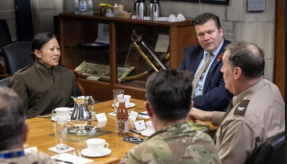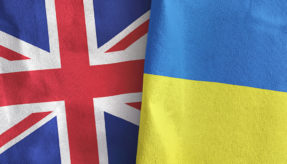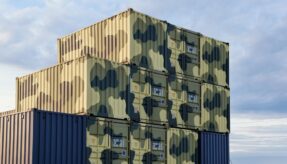
The Joint Expeditionary Force (JEF) Ministers gathered in Helsinki, Finland to set the roadmap from which the JEF’s 10 northern European nations will evolve to tackle shared threats.
The JEF is a multinational force made up of 10 like-minded, northern European nations; the UK – as Framework Nation – together with Denmark, Estonia, Finland, Iceland, Latvia, Lithuania, the Netherlands, Norway and Sweden.
The ministers also signed a detailed military directive which will provide the necessary operational and logistical guidance to enable the JEF to deploy quickly and effectively in response to joint threats to global security.
Since becoming fully operational in 2018, the JEF has continued to adapt to address modern security challenges, including the increasing number that are appearing below the threshold of conflict.
This directive will provide the overarching policy framework within which the JEF can evolve as a concept and operate as a rapidly deployable force to meet the reality of these challenges.
Defence Minister James Heappey, said: “In an increasingly anxious neighbourhood like-minded partners must show solidarity.
“The Joint Expeditionary Force exemplifies partnership in action, as a unique coalition of capable and willing neighbours ready to operate in every domain and respond to crises throughout the region.”
The meeting provided a platform for fruitful discussion between ministers and officials and allowed them to explore how its members could use multiple government and military levers during a sub-threshold crisis scenario, with these sorts of threats becoming more prevalent in the JEF’s area of interest.
In a more uncertain, more competitive age, Mr Heappey reaffirmed to the JEF nations that the UK will continue to make a decisive contribution to global security, following the Defence budget being boosted by £24bn and the Defence Command Paper outlining the vision for transforming our Armed Forces.
Following maritime integration activity in the Baltic Sea in March, the JEF nations will put this adaptation into practice later this year for Ex JOINT PROTECTOR 21.
If you would like to join our community and read more articles like this then please click here







